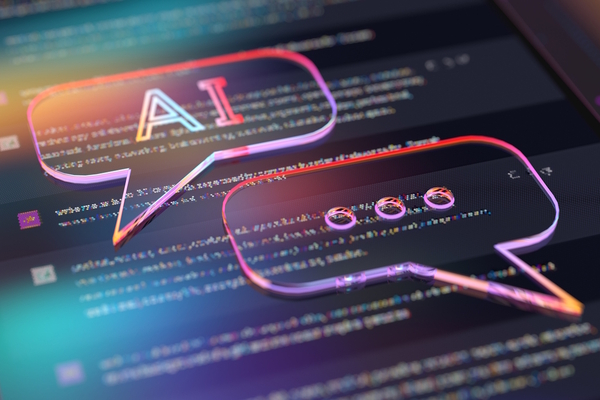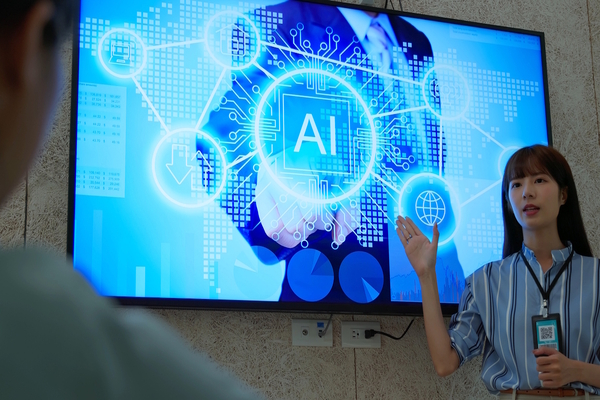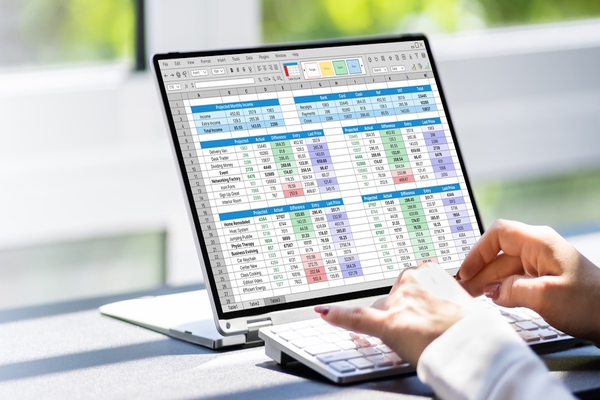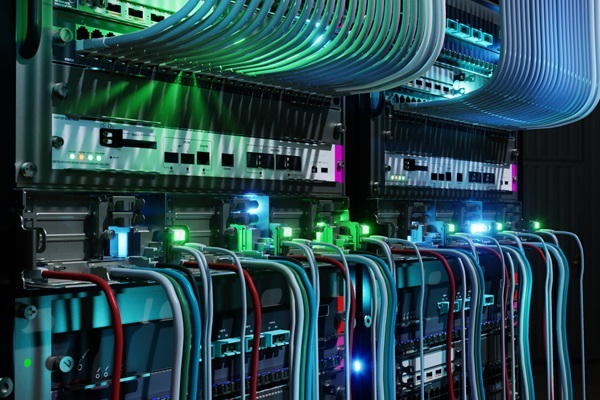DeepSeek gives Europe's tech firms a chance to catch up in global AI race
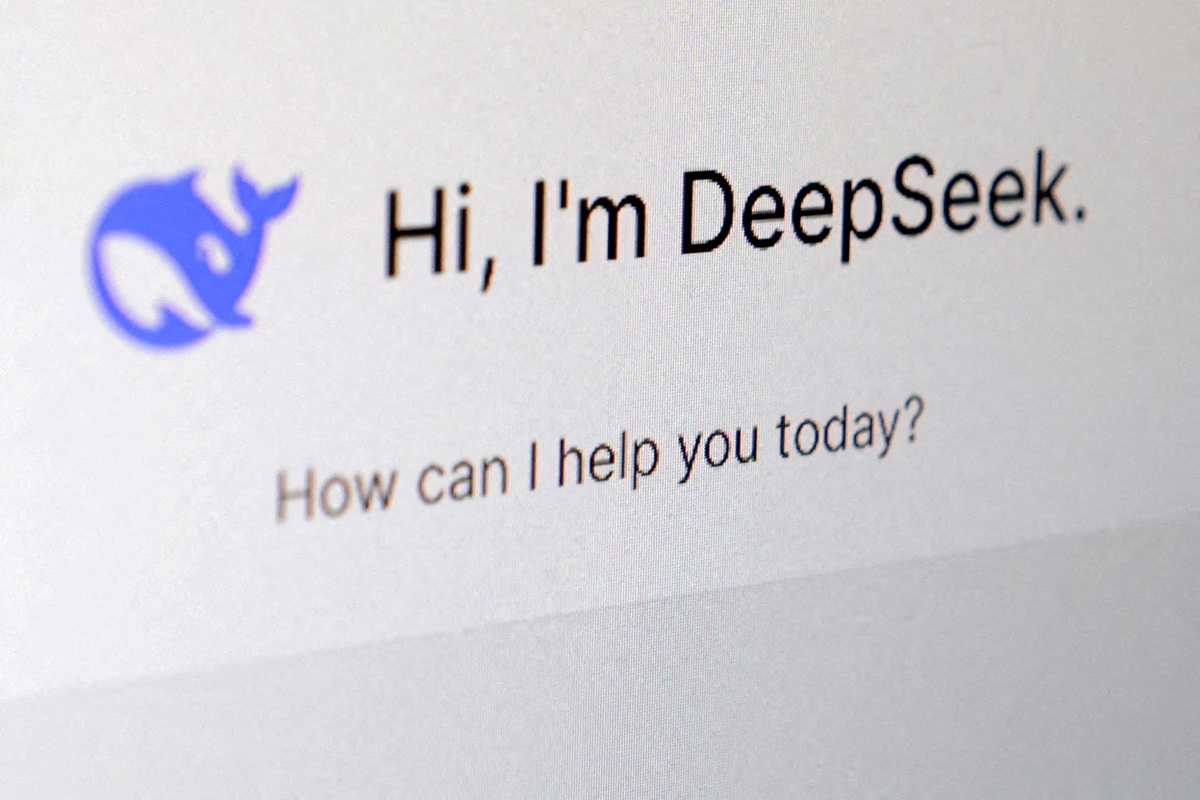
By Supantha Mukherjee
GOTHENBURG (Reuters) - Hemanth Mandapati, boss of German startup Novo AI, was an early adopter of DeepSeek chatbots when he switched to the Chinese AI model from OpenAI’s ChatGPT two weeks ago.
"If you have built your application using OpenAI, you can easily migrate to the other ones ... it took us minutes to switch," he said in an interview on the sidelines of the GoWest conference for venture capitalists in Gothenburg, Sweden.
DeepSeek’s emergence is changing the landscape for AI, offering companies access to the technology at a fraction of the cost, according to interviews with more than a dozen startup executives and investors. It also has the potential to push other AI companies to improve their models and bring down prices.
"There was an offer from DeepSeek which was five times lower than their actual prices," said Mandapati. "I am saving a lot of money and users don’t see any kind of a difference."
Europe’s tech startups had struggled to adopt the new technology at the same rate as U.S. rivals, which have easier access to funding. But executives say DeepSeek could be a game changer.
"It marks a significant step forward in democratising AI and levelling the playing field with Big Tech," said Seena Rejal, chief commercial officer of British firm NetMind.AI, another early adopter of DeepSeek.
Analysts at Bernstein estimate that DeepSeek’s pricing is 20 to 40 times cheaper than equivalent models from OpenAI.
OpenAI charges $2.5 for 1 million input tokens, or units of data processed by the AI model, while DeepSeek is currently charging $0.014 for the same number of tokens.
Concerns have been raised by regulators about whether DeepSeek is copying OpenAI data or censoring answers that could portray China in a bad light. It is currently being investigated in different European countries.
"While the future of DeepSeek as a business is difficult to predict, the structural impact seems quite pervasive," said Sanjot Malhi, partner at venture capital firm Northzone.
WAKE-UP CALL
Nearly $100 billion was invested by venture capitalists in AI companies in 2024 in the U.S. compared with about $15.8 billion in Europe, according to data from PitchBook.
Just on Jan. 22, U.S. President Donald Trump unveiled a $500 billion AI project called Stargate, a joint venture backed by OpenAI, SoftBank and Oracle.
Investment in Europe has been more modest.
Only France’s Mistral features among the list of top foundational models dominated by the likes of OpenAI, Meta, Anthropic and Google.
China’s DeepSeek attracted attention after writing in a paper last month that the training of DeepSeek-V3 required less than $6 million worth of computing power from Nvidia H800 chips. It has since overtaken ChatGPT to become the top-rated productivity application available on Apple’s App Store.
"This is a wake-up call that bigger isn’t always better," said Fabrizio Del Maffeo, CEO of Axelera AI. "By making models more attainable to everyone, the total cost of ownership and barriers to building innovative tech are lowered which can be a catalyst for the whole industry."
While some analysts doubt that DeepSeek’s training cost is as low as the company says, they agree it is lower than comparable American models.
"I see DeepSeek as a tremendous opportunity for companies like ours," said Ulrik R-T, CEO of Denmark’s Empatik AI. "It showed that we do not need huge budgets to be able to achieve our vision."
COST VS SAFETY
The price war may have already started.
Microsoft last week released OpenAI’s o1 reasoning model to all Copilot users for free, instead of the usual subscription fee of $20 per month.
"AI prices are going down, so future usage is probably going where there is transparency, which is usually open source, even though it’s in China," said Scale Capital’s Joachim Schelde.
Bigger companies, ranging from Finland’s Nokia to Germany’s SAP, are more cautious about switching.
"Cost is just one factor," said Alexandru Voica, Head of Corporate at Britain’s Synthesia, which was last valued at $2.1 billion. "Other factors are: ’do you have all the security certifications, the frameworks, the software ecosystem that allows companies to build and integrate with your platform?’"
(Reporting by Supantha Mukherjee in Stockholm and Toby Sterling in Copenhagen; Editing by Matt Scuffham and Louise Heavens)

Business Reporter Team
Most Viewed
Winston House, 3rd Floor, Units 306-309, 2-4 Dollis Park, London, N3 1HF
23-29 Hendon Lane, London, N3 1RT
020 8349 4363
© 2025, Lyonsdown Limited. Business Reporter® is a registered trademark of Lyonsdown Ltd. VAT registration number: 830519543
